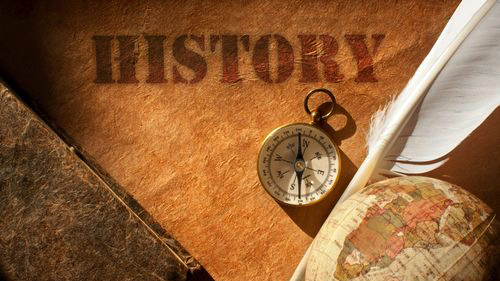HISTORY
The history we learn about both at school and as part of the cultural knowledge gleaned by living in the UK, gives us a view of Britain that is perversely distorted and selectively revised.
For example, the British Empire/colonialism is not something to be celebrated. It was built on dehumanising, enslaving, raping, buying and selling other people, maiming, ethnic cleansing, massacring, working people to death and stealing.
So much of Britain’s appalling inhumanity to others has taken place in other countries and on other continents. The immediate effects are not visible therefore, to people who live in Britain.
Britain owes its present-day wealth, growth and industrial revolution to the peoples of the continent of Africa, Indians, the Caribbean islands and all its other colonies where it pillages and expropriated wealth, resources, people and knowledge.
“History performs a different and I think very worrying function in Britain, compared to other countries. We don’t use our history to ask questions about how our nation came to be what it is, we don’t use history as a vehicle to ask ourselves why Britain rose to power. We use history to make us feel good about ourselves. History is a place we go for recreation not to ask difficult questions.
What that means is if history is a place of comfort, you need to remove from it all of the facts and all of the episodes that are uncomfortable, that are discomforting. That means the history of empire, it means the history of the Atlantic Slave Trade, it means the history of the horrific violence that undercut empire, it means the removal of the fact that Britain was running concentration camps in Kenya within living memory.
All of that gets in the way of history being a place of comfort. Of course, those stories are the stories that explain how people like myself and many people in the audience came to be here. They are the bits of history that explain how Britain is seen by billions of people across the world and they are the most important bits of history that everybody needs to hear because we need to hear these hard truths.
We have convinced ourselves that we are the only nation in the whole of history who has only ever done good, and we honestly believe that. People get hurt when you suggest that Britain, like every other country, has done some bad things. We have come to believe in a fairytale – and we call it history.” Professor David Olusoga, University of Manchester.
Because it is such a huge subject and has had such a profound impact on the way that Africans and people of African heritage have been oppressed and continue to be suppressed, this is a theme that will be explored throughout many of the entries in the Encyclopaedia.




